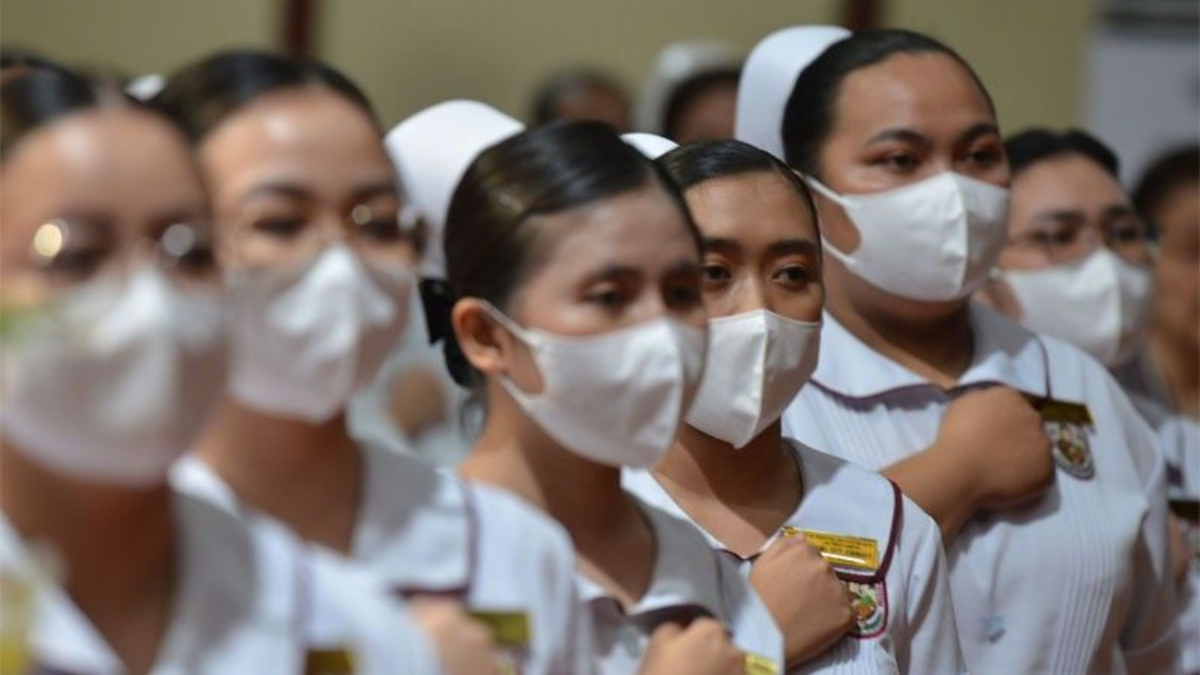The Philippines is grappling with a significant shortage of healthcare professionals, with a deficit reaching 190,000, according to Health Secretary Teodoro Herbosa. The shortage encompasses a broad spectrum of medical staff, including doctors, nurses, midwives, and various technicians.
“We will need the human resources, so we saw the gap,” stated Herbosa during a press briefing at the presidential palace after a meeting with President Ferdinand Romualdez Marcos.
In response to the growing crisis, Herbosa highlighted that 20 state universities and colleges have started offering medical courses. Additionally, the Department of Health is considering enhancing the incentives for nurses through benefits beyond their salaries, such as housing, car assistance, healthcare insurance, and opportunities for further education.
The Philippines is known globally for its substantial export of healthcare workers. From January to March this year, around 7,000 nursing graduates took the U.S. licensure exam, according to lawmaker Marvin Rillo, vice chair of the House Committee on Higher Education and Technical Education.
“We expect a large number of Philippine nursing graduates to persist in pursuing their career aspirations in America and other foreign labor markets as long as we continue to underpay them here at home,” Rillo remarked.
Many Filipino nurses have transitioned to more lucrative careers outside hospital settings, often in the business outsourcing industry, due to better pay and less stressful working conditions.
To address the shortage, the Philippine government has also permitted the employment of unlicensed nurses as “critical care associates” in hospitals, a move President Marcos described as crucial for alleviating the “chronic” staff shortage.






